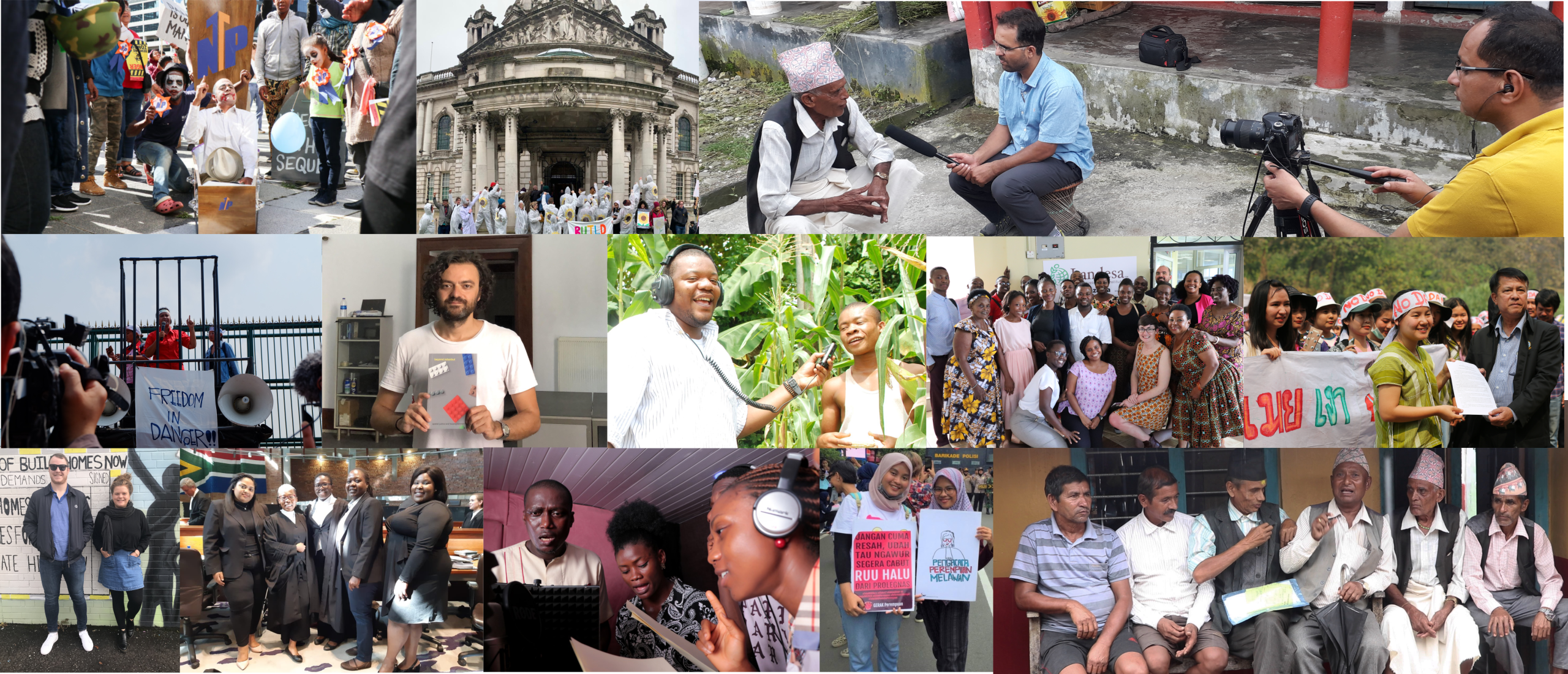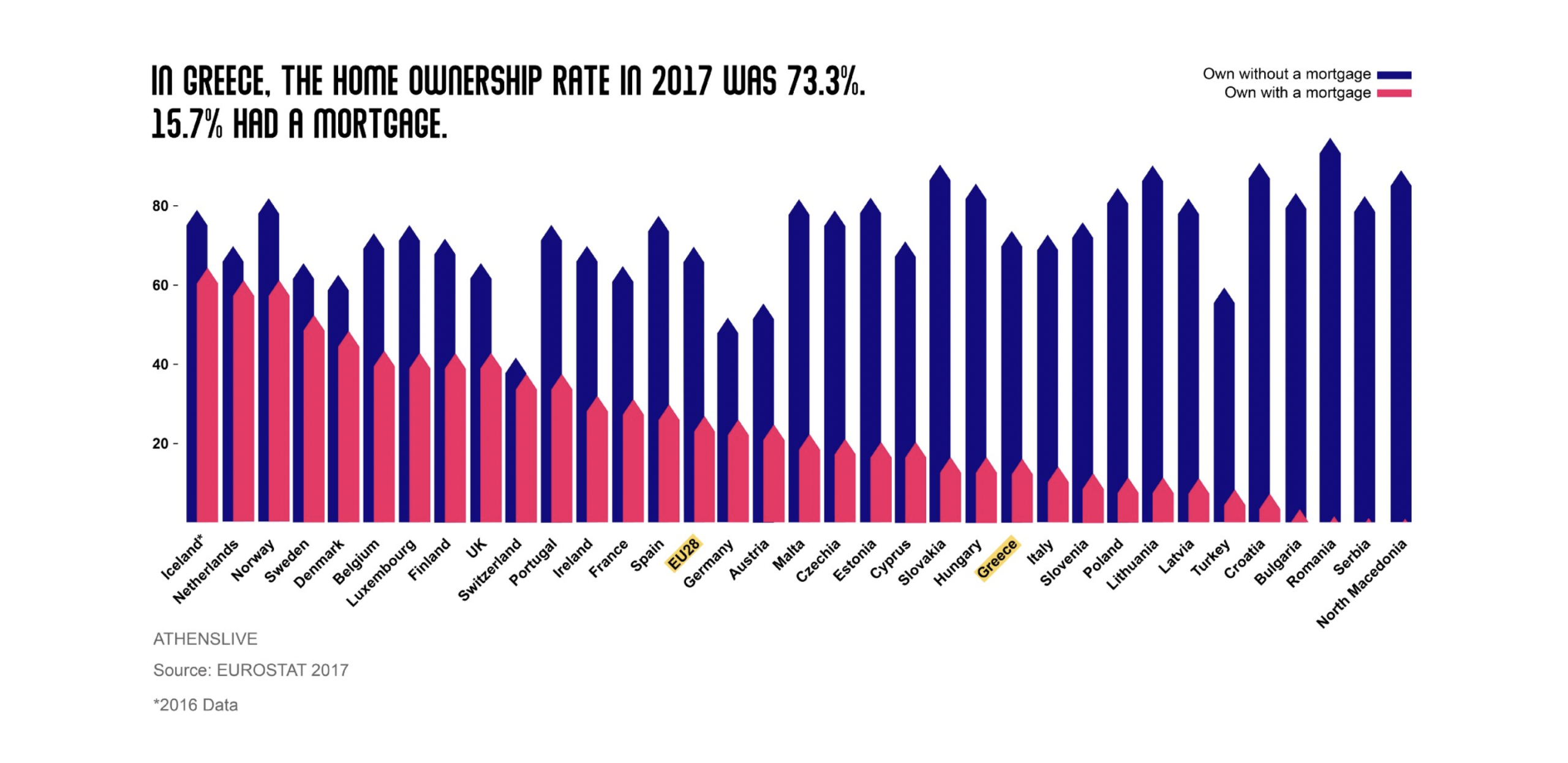Sotiris Sideris
Greece

Sotiris Sideris brought both his data journalism and storytelling skills to his Bertha Challenge Project, which exposed the effects of a decade of economic austerity on millions of Greeks and hundreds of thousands of refugees.
“I believe journalism has the most power for change... Our work brings direct attention where there is apathy or ignorance. When the public don’t see, with our stories and cameras and words we make them an eyewitness to a human rights crisis.”
Sotiris Sideris, AthensLive
Sotiris Sideris is a passionate investigative journalist who brought both his hard skills as a data journalist and storyteller and his soft-spoken kindness to his Bertha Challenge Fellowship.
During his Fellowship year, Sotiris’s long-form journalism, shorter video documentaries and data infographics were used to maximum effect, exposing the devastating effects that a decade of economic austerity had on millions of Greeks and on hundreds of thousands of refugees from Syria, Afghanistan and Iraq. Sotiris interrogated – journalistically and philosophically – the concept of exclusion versus belonging and how housing and household debt have become a tool to dispossess the poor while enriching banks and rental agencies.
“The relationship between journalism and civil society can be strengthened and supported by creating a visual grammar to make data more understandable; designing open tools to enable data exploration; and packing know-how into guides in order to spread knowledge.”
Sotiris Sideris, AthensLive
In “Whose Home Is This,” the first of three published articles produced during his Fellowship, Sotiris wrote: “It’s been just one of the thousands of houses, stores, factories, offices, parking lots and plots that have gone under the hammer in Greece since May 2016, following the international financial crisis and the inability of households and enterprises to pay off outstanding loans to their creditors. Many see this as a violation of human rights. Big investors and the local elite see it as an opportunity. The result? People who are unable to maintain living standards, displaced by a toxic combination of unemployment, falling wages, rising rents and overtaxation.”

The excellent data illustrations accompanying Sotiris’ work were reproduced in various other publications in Greece and visually strengthened his work, making it accessible to a wider audience. “Using infographics and data journalism helped me to tell the difficult and complex stories of exclusion of refugees from having a home or homeowners losing a home due to increased poverty and austerity,” Sotiris says.
As co-founder of Greece’s first English- language non-profit website, AthensLive, Sotiris also explored how the massive refugee crisis in Greece is directly linked to the commodification of housing. He states: “When housing is not recognized as a fundamental human right but rather as a commodity, it opens the door for refugees, homeless and stateless in refugee camps to always be excluded from urban and social integration.”
More than 1 million refugees have arrived on Greek shores in the past five years – a crisis that has affected Sotiris and his work in a profound way, shifting the focus of his journalism permanently. He was previously the editor-in-chief and coordinator of Migratory Birds, the first newspaper written by and for refugees. And in his first video documentary, We Are Not Just Refugees, he tracks the housing situation of a young man, Elias, who arrived in Greece on a boat five years ago: “I am freaking exhausted... trying to survive is not really the point of living,” Elias says, sitting next to his anxious-looking father in a flat in Athens.
The short film ends with Sotiris and Elias climbing a hill overlooking hundreds of kilometres of cityscape: “I can’t say where my home is... Earth is my home because I know where I’m going to sleep is on the ground,” Elias says, with late-afternoon yellow sunlight falling around them.
CREDITS
Photo 1: AthensLive
Authors: The Bertha Challenge Team
Editorial Consultant: Karen Frances Eng
This story was originally published in the Bertha Fellows book and some of the information in this story may have changed since it was first published.


 Built with Shorthand
Built with Shorthand